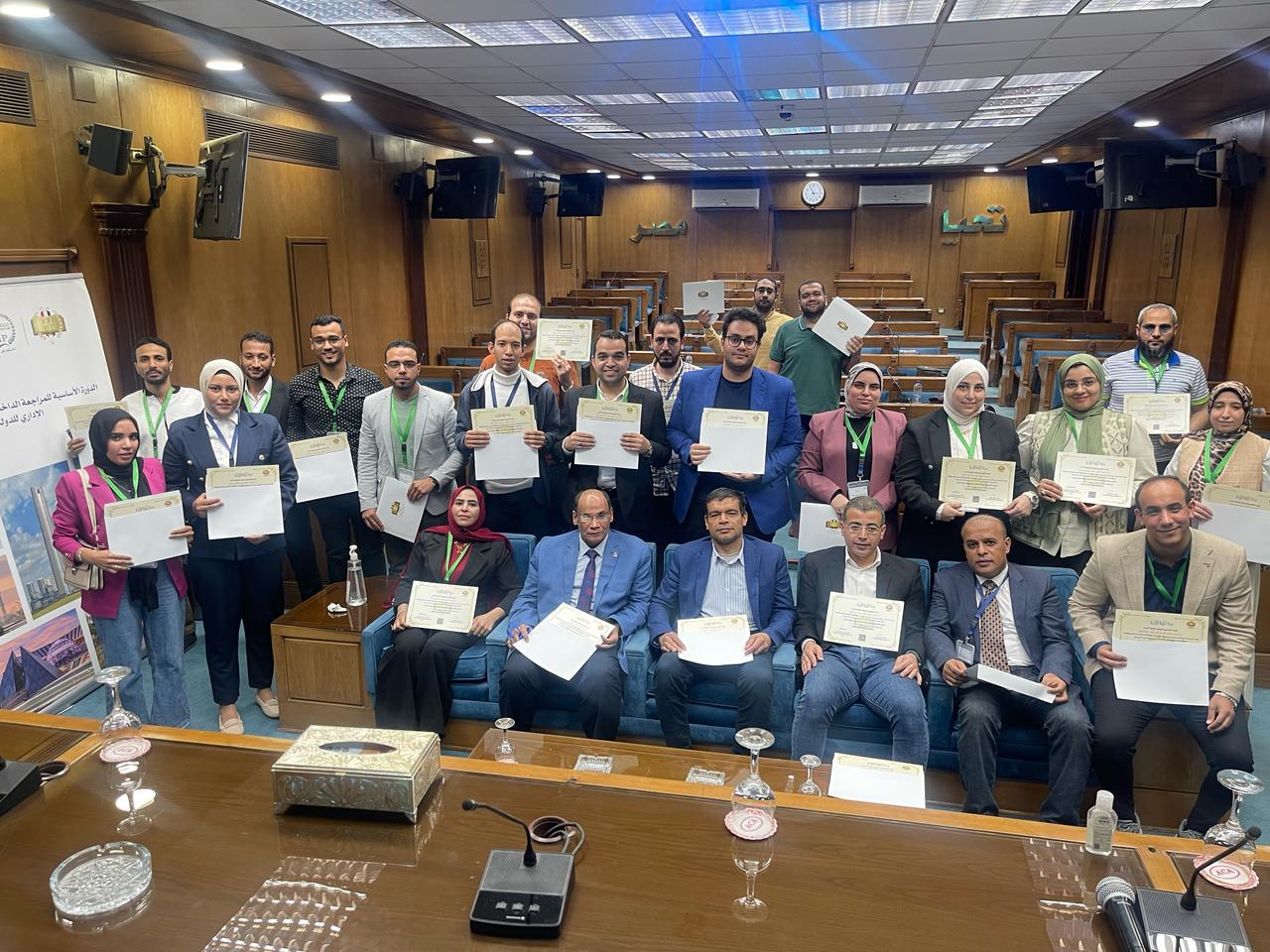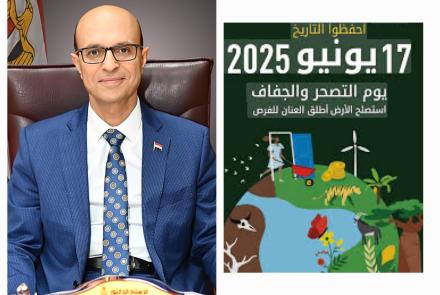- Dr. El-Minshawy: we are working to consolidate the values of integrity and transparency and build a university environment aware of the risks of corruption
As part of its permanent commitment to spreading the culture of integrity and consolidating governance concepts, Assiut University organized the fourth stage of the training program for faculty members in the field of governance and anti-corruption, under the supervision of Dr. Ahmed El-Minshawy, president of the University, and in cooperation with the Administrative Control Authority and the National Academy for anti-corruption, at the headquarters of the Administrative Control Authority, under the supervision of Major General Sherif Ramzi, head of the administrative control office in Assiut.
This program is an extension of a series of activities and training programs adopted by Assiut University to enhance the capabilities of its members, spread awareness of the risks of corruption, and work to establish a university environment based on the principles of transparency and responsibility.
The activities of the program extended during the period from April 13 to 15, under the supervision of Dr. Mohammed Adawi, advisor to the president of the University for alumni affairs, entrepreneurship and innovation, and director of the Center for future studies, and with the participation of 30 trainees from the University's faculty members.
Dr. El-Minshawy stressed that Assiut University attaches great importance to promoting a culture of integrity among all its members, pointing out that the university is keen to organize training programs, awareness initiatives, and student activities aimed at building a university community based on values, and enhances the spirit of commitment and transparency.
Dr. El-Minshawy also appreciated the effective and fruitful cooperation between the University, the Administrative Control Authority, and the National Anti-Corruption Academy, because of its pivotal role in supporting national efforts to combat corruption and empowering members of the university community with modern governance tools.
For his side, Dr. Mohamed Adawi explained that the program witnessed the participation of a group of experts and academics specialized in the field of anti-corruption, and addressed several vital topics, including the causes and effects of corruption, the role of the Administrative Control Authority, the legislative and institutional framework to combat corruption, Egypt's Vision 2030, the information structure of the state, the relationship between corruption and national security, along with business ethics and management, and the role of governance as an effective mechanism to reduce corruption.

 Do you have any questions?
Do you have any questions? 





